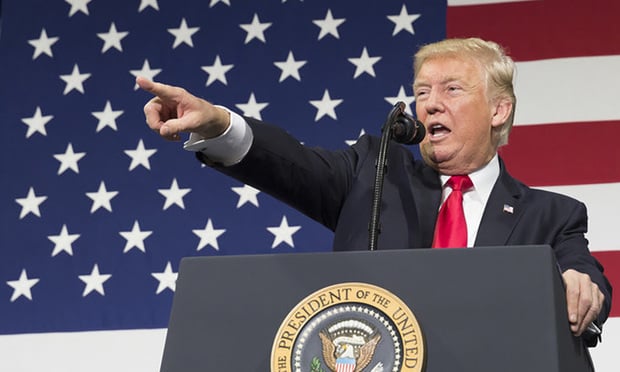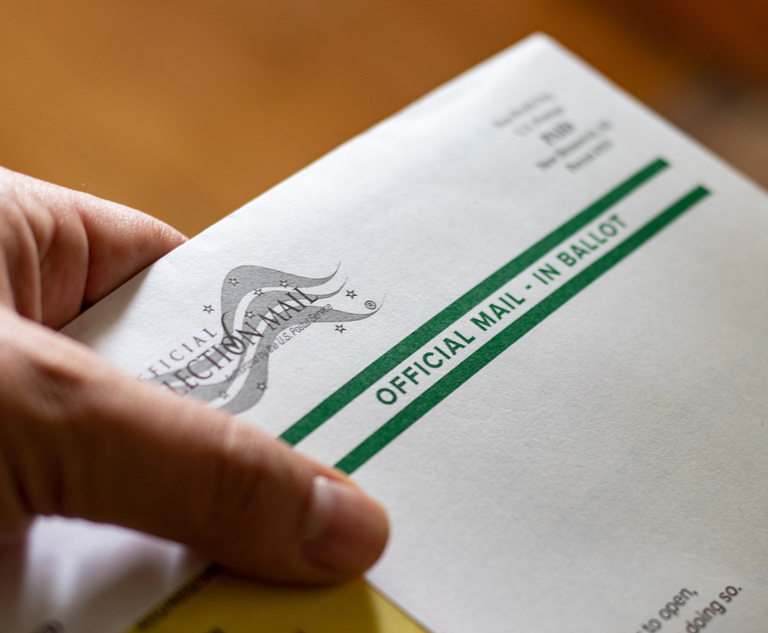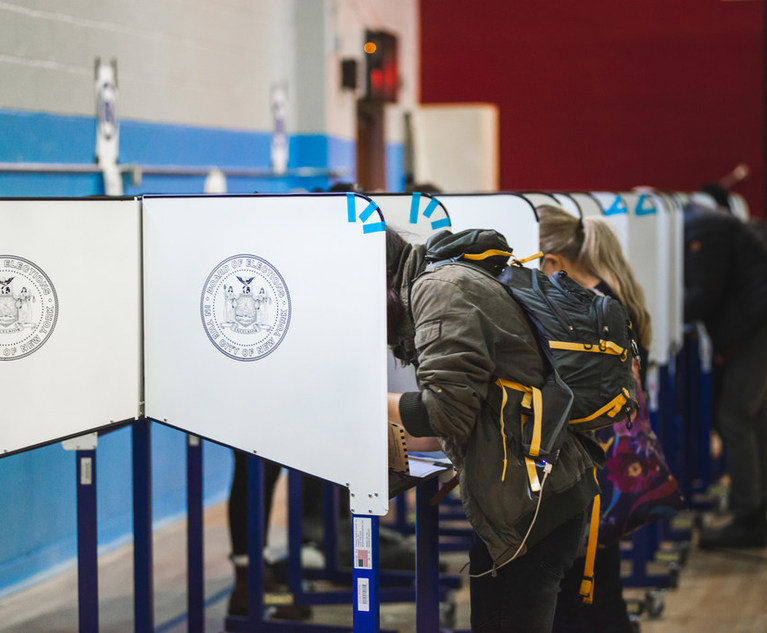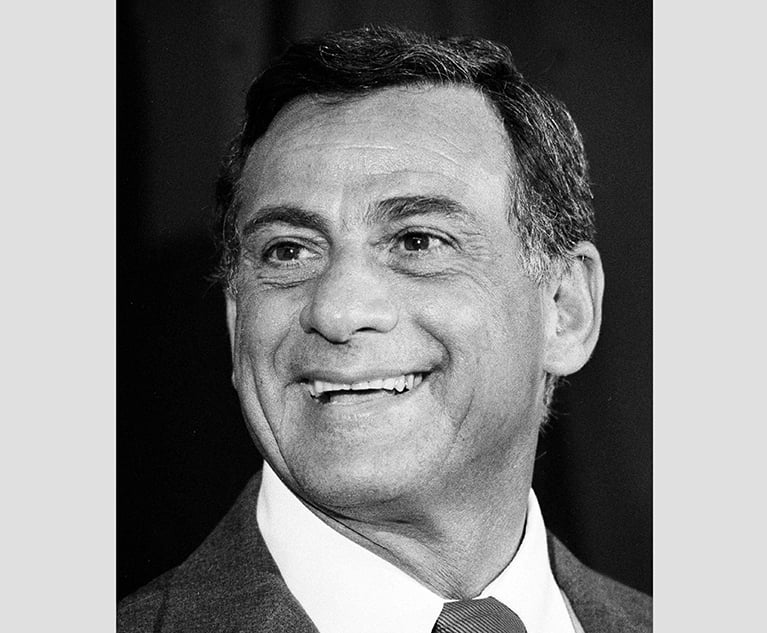Hats off to Prof. Steven Lubet, whose recent Slate article drew our attention to the ethical problem lawyer Michael Cohen has created for himself. Lubet pointed out that Cohen’s claim that he paid $130,000 of his own money to purchase Stormy Daniels’ silence not only exposes him to having violated federal election laws, but given the fact that it was financial assistance to a client in a contemplated litigation, it was violation of New York’s ethical rules that bar paying money for the financial assistance of a client in those circumstances.
Of course, Cohen could have escaped both the federal election law issue and the ethical rule violation, had he said it was not really his own money, just like it was not really his own reputation or possible election victory he was protecting, but that Trump had, one way or another, provided the funds, using Cohen as a front. While those facts would have surprised nobody, Cohen was between a rock and a hard place: Advancing money for Trump’s benefit created one set of problems, but announcing that it was indeed Trump’s money, would have created another problem for him, because Disciplinary Rule 1.8 b) bars a lawyer from releasing information that will “disadvantage” the client. Given that Trump has firmly denied involvement in the matter—even to the extreme of using a fake name and failing to sign the document—an admission by Cohen that his client Trump is, in fact, the mysterious “D.D.,” would certainly be to Trump’s “disadvantage,” both politically and otherwise.


 President Donald Trump
President Donald Trump




